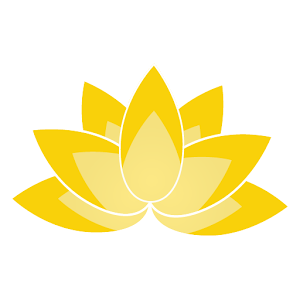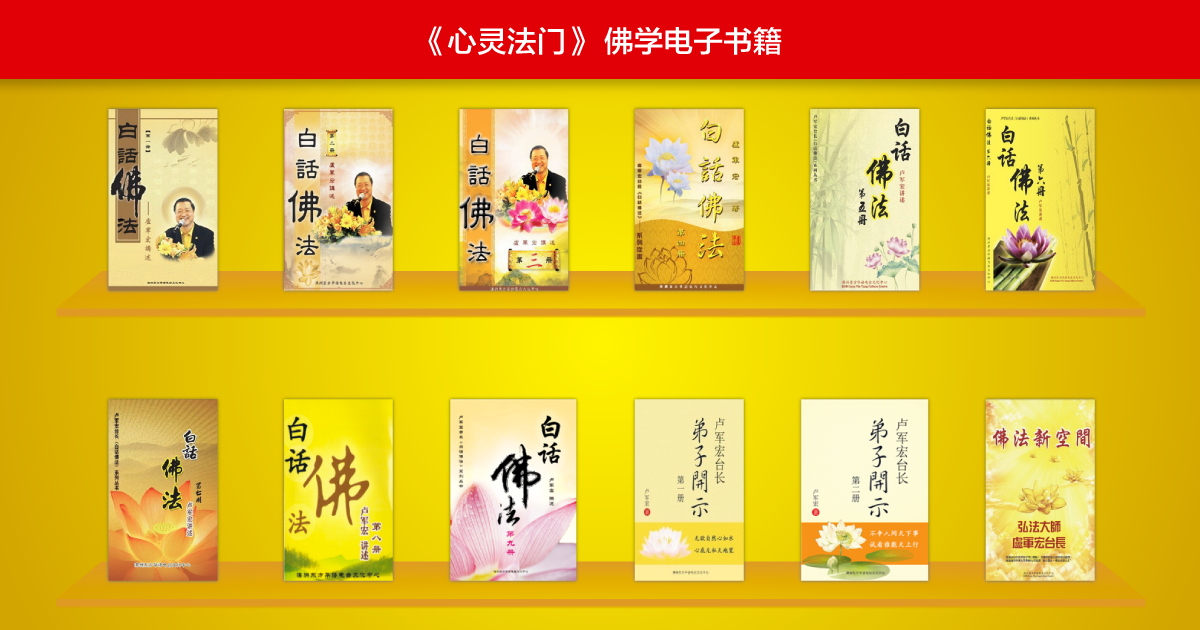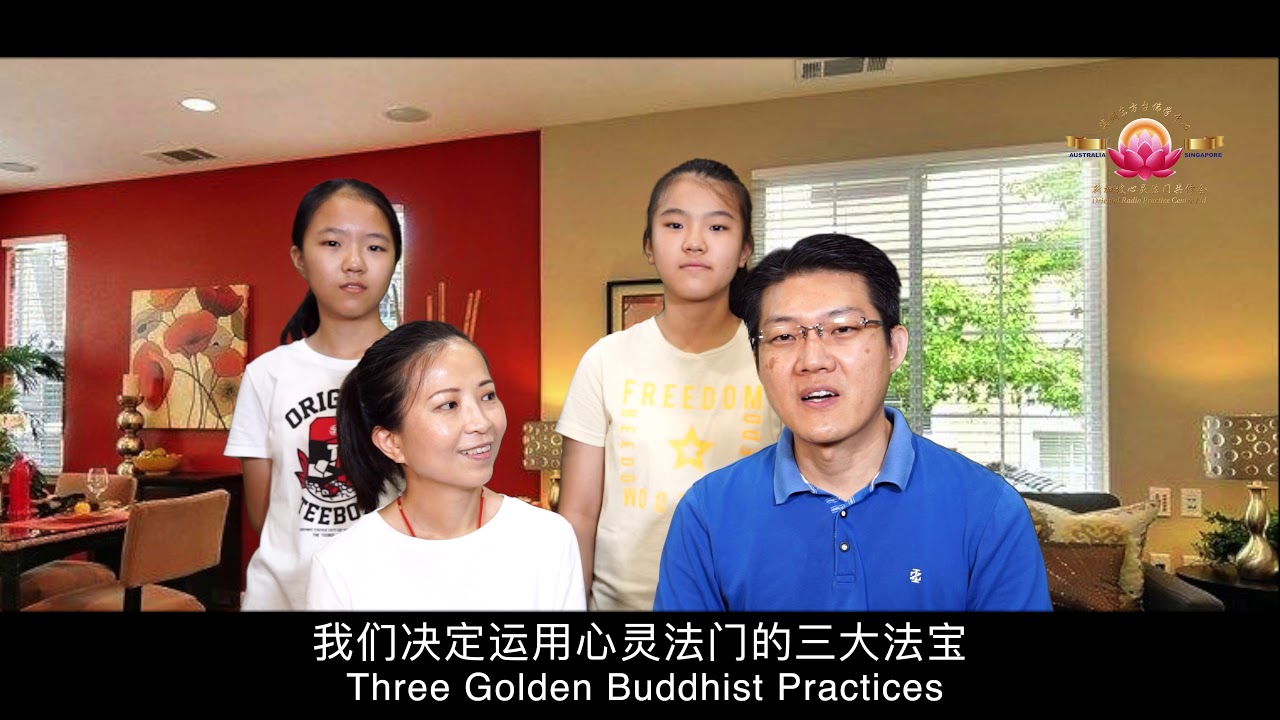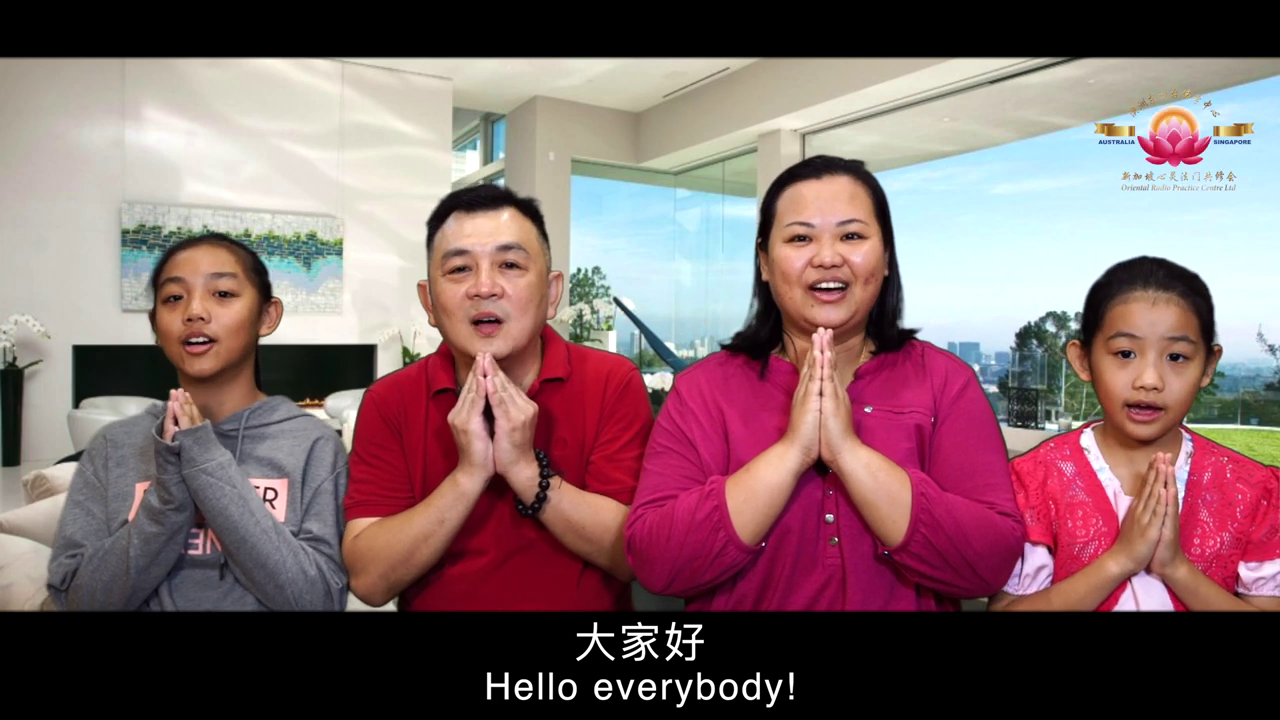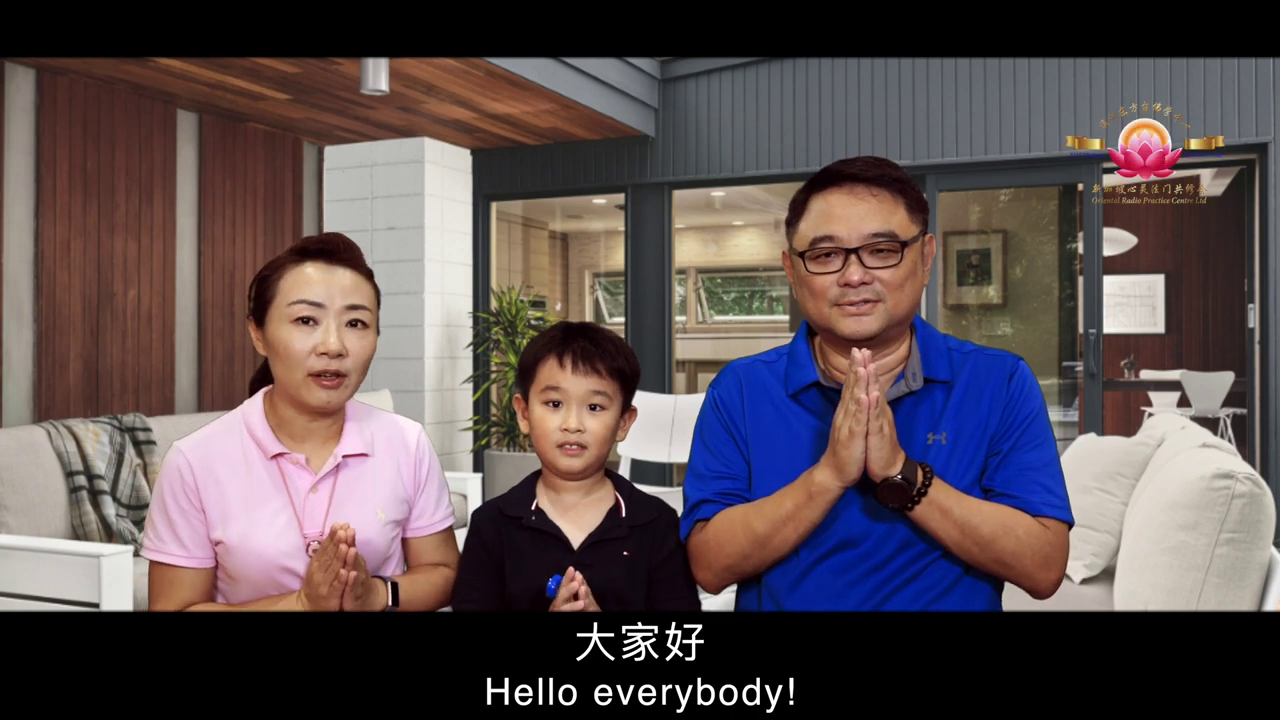Question #53:
Dear Master Lu, the Ching Ming Festival (or Qingming Festival, Tomb-sweeping Day) is approaching and I plan to visit the cemetery. Can I burn Little Houses there? Which sutras or mantras should I recite while I am there? Also, is there anything else that I should be aware of? Thank you.
Answer #53:
• Festivals celebrated based on the lunar calendar, including the Ching Ming Festival, Zhong Yuan Festival (Ullambana Festival), and Dong Zhi Festival (Winter Solstice) are important times to pray to Buddhas and Bodhisattvas, as well as tending graves and paying our respect to our ancestors. These are also crucial times for us to prevent foreign spirits from occupying our bodies, and to help them ascend to a higher spiritual realm.
To pay respect to Buddhas and Bodhisattvas, the most important practices include offering incense, praying, making other offerings and performing recitations. As a general practice, it is best to prepare some Little Houses for these special occasions in advance.
• It we are to pay our respect to the deceased at home or at cemeteries, it is best to do so before 2pm.
• The cemetery is a place occupied by hundreds of thousands of spirits. It is best not to look around; make loud noises; make comments about other graves; burn spirit money, joss papers, joss houses, and other joss materials; offer steamed buns, fish, meat, cigarettes or alcohol; or over-react with sadness, etc.
It is recommended that you visit the cemetery during the daytime, and trim any weeds or unusual plants. You can offer water, fruit and flowers. Recite the Great Compassion Mantra quietly, and sincerely ask the Greatly Merciful and Greatly Compassionate Guan Yin Bodhisattva to protect and bless you so that you can successfully pay your respect.
If your family members are burning joss papers and other joss materials for the deceased, you can recite the Heart Sutra for the family members at home, and say the following prayer: “May the Greatly Merciful and Greatly Compassionate Guan Yin Bodhisattva protect and bless <full name of the family member>, grant him/her wisdom so that he/she would stop burning joss papers or other joss materials.”
• The most effective way to pay respect to ancestors is to recite Little Houses and burn them under the sun. Generally, you can recite 1 to 4 Little Houses for each of your deceased family members.
The Little Houses can be burnt in front of the altar in your home as per usual. You can also burn them at the cemetery as long as it is during the daytime on a sunny day.
When you burn Little Houses at the cemetery, do not offer the “Heart Incense” to invite Guan Yin Bodhisattva. Instead, you should offer incense to the deceased and burn the Little Houses directly in front of the grave.
You can offer water, fruit, candles (do not light oil lamps. You may light red candles, but you do not have to) and incense in front of the grave. You can also recite sutras and mantras, and burn Little Houses.
You should use a new offering cup and a new incense burner solely for this occasion. Properly wrap them up afterwards and put them away for future use. You may bring home the plate for burning Little Houses and use it next time, or just discard it.
Meanwhile, you can recite the Great Compassion Mantra. It is best not to recite the Heart Sutra while you are at the cemetery, though you may recite this sutra after offering incense at the grave of the deceased.
• At night, it is best not to think of deceased family members or friends. You can think of them during daytime.
• Spirits are usually very active right before and after the Ching Ming Festival. It is highly recommended that you leave the lights on at night, and leave them on for a longer period than usual. You can turn the lights on at an earlier hour and turn them off at a later time. It is best to recite some sutras or mantras before you go to bed, and leave one light on for the entire night.
• Do not hang pictures of a deceased person on the wall, or place them in an upright position on a table. These photos can easily attract spirits which can cause problems at home, including arguments, illnesses, misfortune, etc. You can wrap these photos with red coloured fabric and lay them flat in a clean place.
You can pay respect to them on special occasions, such as the anniversary date of the deceased’s passing, Ching Ming, Ullambana and Winter Solstice. Set up a clean and tidy table in front of the Buddhist altar where the statue or image of Guan Yin Bodhisattva is located. Place the photos of your deceased family members in an upright position. If you do not have any photos, you can write their names on a piece of yellow paper, and then place the paper in an up-right position to achieve the same result.
Once you have set up the table, you can make offerings of water, fruit and flowers; light oil lamps (no need to light candles if it is done at home), light incense, recite sutras and mantras and burn Little Houses. Once the ceremony is finished and the incense has finished burning, you can put everything away. Do not leave the photos or spirit tablets of the deceased out all day long.
• If you visit a cemetery in the countryside of China, the graves of many ancestors are usually placed together in one area. In fact, many of the ancestors may have already been reincarnated. Many others, such as ancestors from more than three generations ago, may no longer be your ancestors. Therefore, you do not have to burn Little Houses for ancestors over three generations ago whose names you do not know or that you have not dreamt about.
It is also not recommended that you burn Little Houses for ancestors many generations ago altogether. You should burn Little Houses for those that were close to you or those you have dreamt about.
• Some people may feel that it is not visually appealing to burn only one Little House that will be gone in seconds, in comparison to those burning stacks after stacks of joss papers. According to Master Lu’s most recent instructions, in order to obtain a sense of visual satisfaction, we can recite certain sutras and mantras, record them on several Self-Cultivation Record Forms and then burn those record forms for the deceased.
• You may recite and record the Great Compassion Mantra, the Heart Sutra, the Amitabha Pure Land Rebirth Mantra and the Eighty-Eight Buddhas Great Repentance for the purpose mentioned above.
• The Little Houses are in a standard format and should not be altered, while the Self-Cultivation Record Forms do not have a standard requirement. You can use a quarter of an A4 piece of paper for these Self-Cultivation Record Forms. There are no exact quantities required for such forms. Generally, reciting sutras or mantras 49, 79 and 108 times is most common. For the Eighty-Eight Buddhas Great Repentance, it can be 7, 14 or 21 times etc.
• Here is an analogy. Offering Self-Cultivation Record Forms is like giving a gift. The type and quantity of these forms that you want to give may vary at one’s discretion (A sample can be found in Appendix E). The Little Houses are like cheques, which must follow a standard format (A sample can be found in Appendix A).
• You may burn some small Self-Cultivation Record Forms for deceased family members on special occasions such as their death anniversaries, Ching Ming Festival, Ullambana Festival and Winter Solstice.
• Write the full name of the deceased on the left field (“Offer to”) and your full name on the right field (“Recited by devotee”) of the Self-Cultivation Record Forms.
• However, keep in mind that burning Self-Cultivation Record Forms only has the effect of a blessing. That is, it can only slightly increase one’s power and cannot help the deceased ascend to a higher spiritual realm. Only Little Houses can help the deceased attain liberation. Therefore, if a sense of visual satisfaction is not required, it is still best to recite Little Houses. It is more respectful and more effective.
- 文字记录适合同修学习心灵法门知识和查阅相关问题。若同修有时间请尽量多听原录音,因为听录音可以接到台长的气场。
- 录音文字整理尽量保持与原录音一致。但因对话交流带有语气,文字整理不可能完全还原情境。
- 录音中部分问题台长回答为个例,请勿以个别代普遍。
- 如读者遇到文字记录与自己理解差异较大的内容请以原录音为准(每段文字记录均有标注原录音时间段,方便查找)。
- 节目文字整理涉及的开示是节目录音当前日期的开示,后续若同修听到或看到同类问题新的开示,请以新开示为准。
- 本文字内容未经东方台审核,请谨慎擅自编辑成书及出版!
